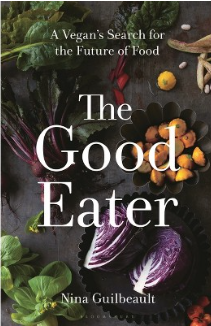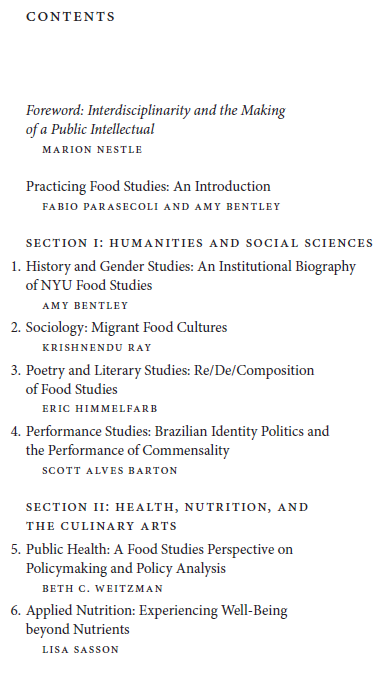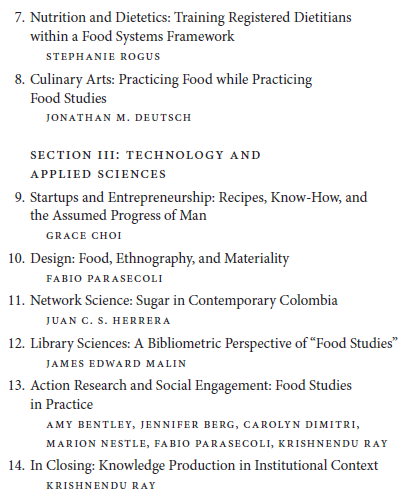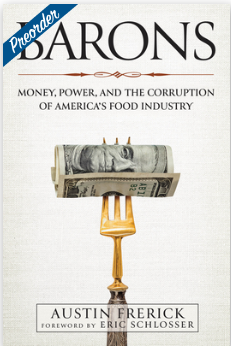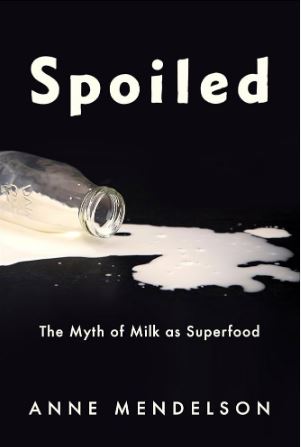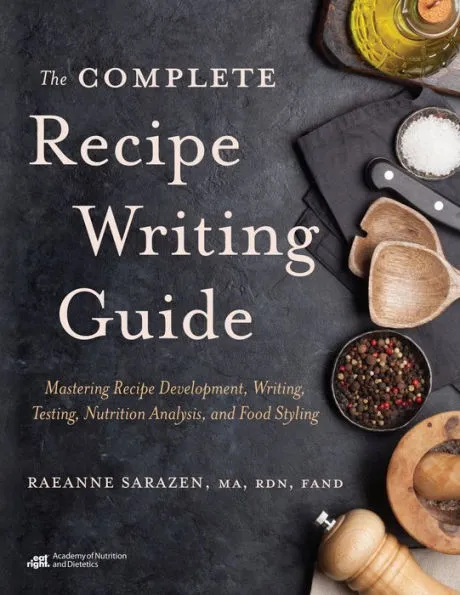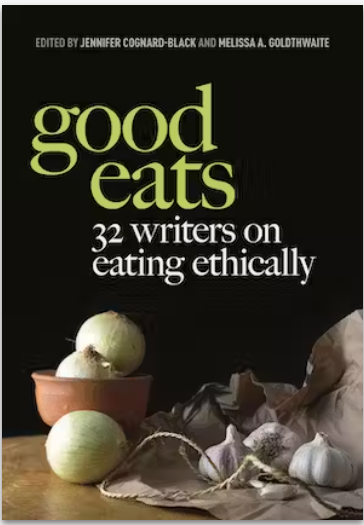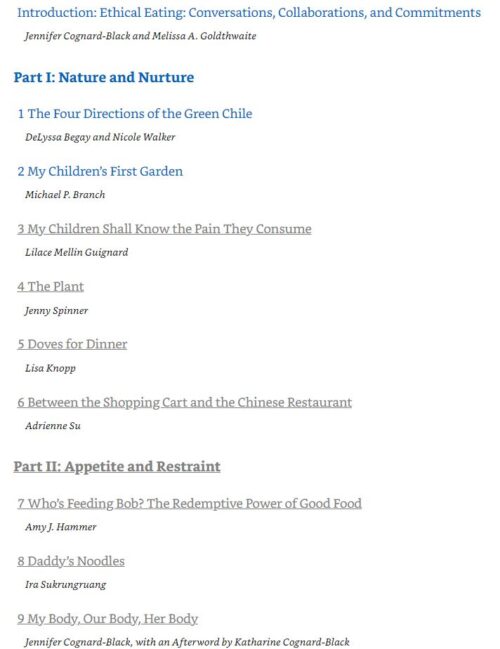Today: a book a out Taiwan’s TV cooking star, Fu Pei-mei
Tinight at 6:00, I’m moderating a conversation with Michelle King about her new book, at:
Archestratus Books, 164 Huron, Greenpoint, Brooklyn. Information here.
Michelle T. King. Chop Fry Watch Learn: Fu Pei-Mei and the Making of Modern Chinese Food. WW Norton, 2024.
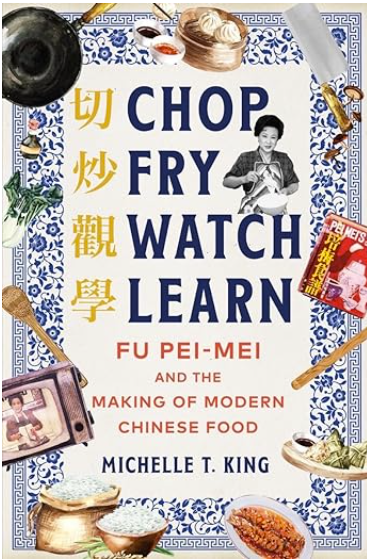
I had never heard of Fu Pei-mei when this book was sent to me so I was curious to find out who she was and what she had done to deserve such a close look from a food studies scholar.
My ignorance.
Fu (1931-2004) is most easily understood as the Julia Child of Taiwan, whose televised cooking shows charmed and enlightened cooks for decades after World War II.
Fu left mainland China for Taiwan in 1949 as a war refugee, and soon married. She did not know how to cook, but housewives were expected to and her husband complained. She was forced to learn, and hired restaurant cooks to teach her. Once she did learn, she began teaching others and eventually landed on TV just when it was starting. This, in turn, led to a remarkable career as a TV personality, cook, cookbook author, and world traveler.
But this book is much more than a biography. It is also a cultural history. As King puts it,
The circumstances of her birth and the timing of her culinary career gave Fu a front row seat to every major political and social event affecting modern Taiwan’s history for more than seventy years. Through the pages of Fu’s cookbooks and the story of her life, we come to understand not only the twists and turns of Taiwan’s modern political history, but also the dynamic shift in women’s roles during the postwar economic boom, when women begn to leave kitchens and cooking behind for jobs in offices and factories.
Fu was mainland Chinese and her work got caught up in the politics of mainland vs. Taiwan; she represented Taiwan although her food represented—and highlighted—regional mainland Chinese cooking with Taiwanese cuisine only added later.
Reading this book raised a personal question for me: how did Fu do it? Her husband did not want his wife working outside the home and it’s hard to imagine his approving her travel and fame. Somehow, she managed. King suggests that perhaps by not challenging her husband’s control of the family or its finances, she was able to be free to conduct her career. Fu must have been one formidible woman.
Along with the biography and history, King includes “kitchen conversations,”excerpts from interviews with Chinese-Americans who have cooked from Fu’s books.
All of this made me want to find one of Fu’s bilingual cookbooks and see if I can produce some of my favorite Chinese dishes. By all reports, the English translations of her recipes were clear, and they worked.
And so does Chop Fry Watch Learn.
Can’t wait to find out more about it. Join me tonight!

